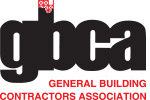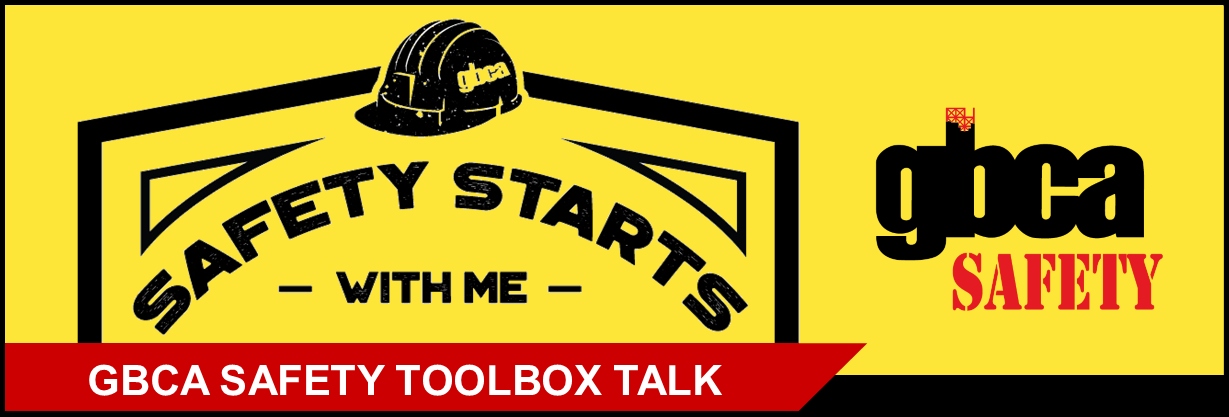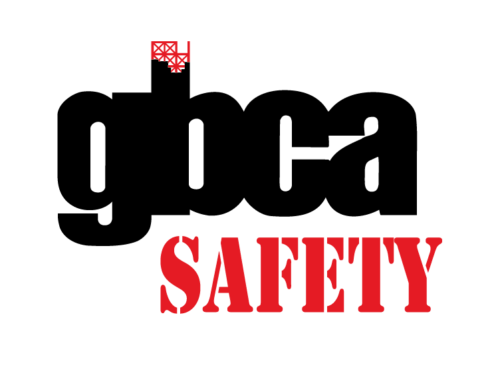This GBCA Safety Toolbox Talk provides tips and reminders for spotters on the jobsite. Click below to download the Toolbox Talk as a handout (includes Sign-In Sheet).
Spotter Safety: Responsibilities and Duties
One critical job on a site is the task of a spotter. The spotter is a second pair of eyes and ears for a driver or equipment operator (e.g. a crane operator). This person stands near the vehicle or equipment and ensures that the driver/operator receives information that might be otherwise inaudible or unseen.
The spotter must be able to maintain constant communication with the operators of vehicles and moving equipment. Examples of a spotter’s tasks include assisting a truck backing up, making sure that equipment is not getting too close to power lines, and helping construction vehicles maneuver high traffic or pedestrian areas. A spotter should be used anywhere a vehicle or equipment operator would have a hard time seeing all surroundings at once.
Spotter Responsibilities
- Be aware of hazards at ground level (soft or muddy areas), as well as above (overhead wires) and below (trenches).
- Look for the possible blind spots that the operator may come across.
- Look out for tripping hazards and other hazards along the way.
- Spotter Best Practice: walk the route of the vehicle or equipment ahead of time. This will help identify areas of concern and the spotter can arrange to clear the areas with obstructions.
- Remember: the way the site was yesterday may not be how it is today.
Spotter Safety Notes
- The spotter must maintain constant communication with the operator using hand signals, hand-free radio, or voice commands.
- The operator must be able see the spotter at all times. The operator should stop if they lose sight of the spotter.
- The spotter should be in a good position to see all around the vehicle or equipment. If not, the spotter should move to a better location.
- The spotter should wear appropriate PPE, and should wear some form of high visibility clothing, such as a high visibility vest.
Both the operators and spotters should have a good understanding of the jobs at hand, and by taking these simple steps, they should be able to do the tasks safely.
Remember to record the attendees of your toolbox talk!
Access GBCA’s full library of toolbox talks:





